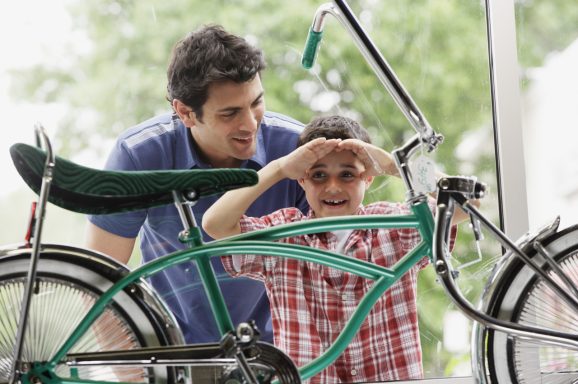Single Mother vs. Single Parent: Understanding the Key
Being a single parent is a challenging role, no matter your circumstances. However, there’s a nuanced distinction between being a single mother and a single parent. While both involve raising children without a partner in the home, societal expectations, gender roles, and personal experiences often make the struggles unique for single mothers.
Societal Expectations and Judgment
Single mothers often face societal judgment and stereotypes. There’s a lingering stigma that assumes they’ve “failed” in relationships or made poor choices, which can lead to feelings of isolation or shame. The pressure to “do it all” works full-time, care for children, and maintain a perfect home often weighs heavier on single mothers due to traditional gender norms.
Single Parents (Gender Neutral)
Single fathers or nonbinary single parents may encounter different challenges. Single fathers, for instance, are often praised for doing what’s expected of single mothers daily. While this can lead to positive reinforcement, it also highlights a double standard in how parenting roles are perceived.
Challenges in Dating
Single Mothers
For single mothers, dating can feel like navigating a minefield:
- Judgment: Many single mothers worry about being judged for having children, especially by potential partners who might view them as “baggage.”
- Safety Concerns: Introducing a new partner to your children is a major decision. Single mothers are often hypervigilant about who they allow into their children’s lives, which can make dating a slower and more cautious process.
- Time Constraints: Between work, school pickups, and extracurricular activities, single mothers often struggle to carve out time to date.
Single Parents
Single fathers or other single parents might face similar struggles but often experience less stigma. Fathers, in particular, may be viewed as “endearing” or “noble” for raising kids alone, which can sometimes make dating slightly easier in terms of perception. However, they may still face challenges in balancing parental responsibilities with romantic pursuits.
Financial Struggles
Single Mothers
Statistically, single mothers are more likely to experience financial instability. Many factors contribute to this:
- Wage Gaps: Women, on average, earn less than men, which can make supporting a household on one income particularly difficult.
- Childcare Costs: Single mothers often bear the brunt of childcare expenses, which can consume a significant portion of their income.
- Limited Opportunities: The demands of single motherhood can limit career advancement opportunities, especially if flexible hours or remote work aren’t available.
Single Parents
Single fathers or other single parents may face financial challenges as well, but they might have access to different support systems or resources. For example, single fathers are less likely to encounter wage gaps, though they still face the high costs of raising children on their own.
Personal Time and Self-Care
Single Mothers
Single mothers often struggle with guilt when taking time for themselves. Society places a heavy emphasis on maternal sacrifice, making it difficult for single mothers to prioritize self-care without feeling judged. Their schedules are often packed with school drop-offs, work, errands, and bedtime routines, leaving little room for personal hobbies or rest.
Single Parents
While single fathers or other single parents also face challenges in finding personal time, societal expectations may allow them more leeway to ask for help or prioritize self-care without judgment. Still, the demands of raising children solo can be equally overwhelming.
Emotional Support Systems
Single Mothers
Single mothers often feel the absence of emotional support more acutely. While they may have friends or family who help, the day-to-day emotional labor of parenting falls squarely on their shoulders. Many single mothers also struggle with feelings of loneliness, as they don’t always have a partner to share the joys and challenges of parenting.
Single Parents
Other single parents may also face isolation but might find unique communities or support networks based on their specific circumstances. For example, single fathers may be more likely to encounter admiration and assistance, while nonbinary or LGBTQ+ single parents may face barriers to finding inclusive support systems.
How to Support Single Mothers & Single Parents
- Acknowledge Their Unique Struggles: Recognize that single mothers often face societal judgment, financial strain, and emotional labor in ways that are distinct from other single parents.
- Offer Practical Help: Small gestures like babysitting, delivering meals, or simply checking in can make a big difference.
- Challenge Stereotypes: Push back against outdated notions of what single parenting looks like and advocate for equity in how society views single mothers and fathers.
“Parenting alone is hard, but single mothers and all single parents prove that love, resilience, and determination are more than enough to overcome.
We need your consent to load the translations
We use a third-party service to translate the website content that may collect data about your activity. Please review the details in the privacy policy and accept the service to view the translations.







